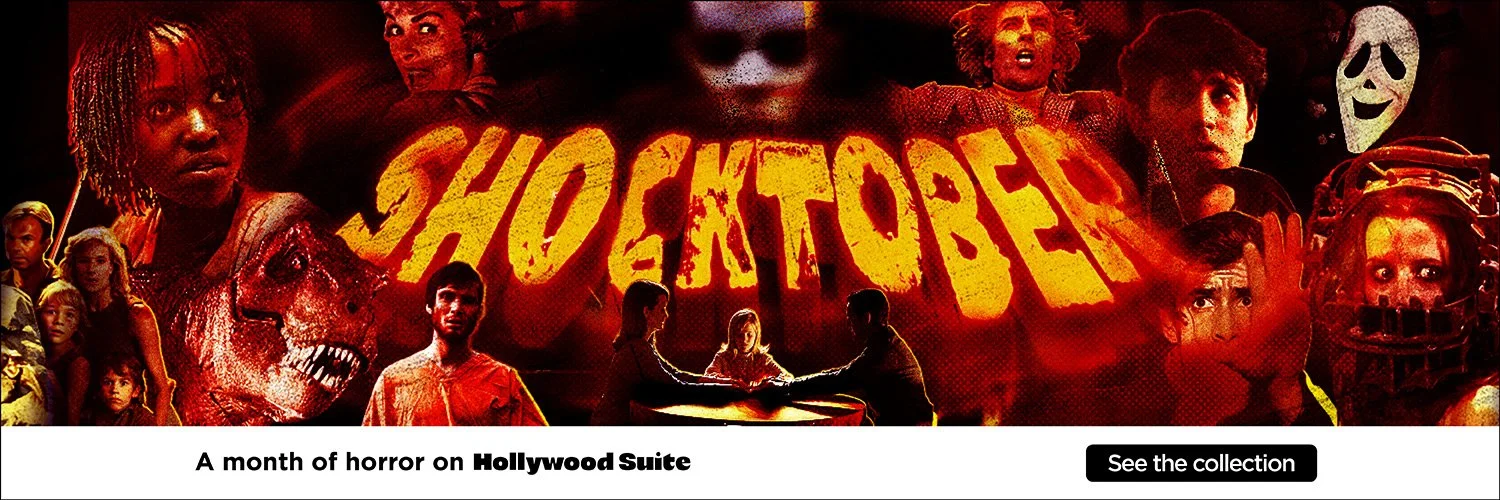After The Hunt: May Prompt You to Think About What You Think You Think
By Liz Braun
Rating: B+
After The Hunt is an intriguing he-said/she-said drama for the world we live in now. Full disclosure: I’m not entirely sure I understood the film.
Carnage is what usually follows a hunt; emotional carnage is what director Luca Guadagnino and screenwriter Nora Garrett are examining here.
The movie begins with a title card: “It happened at Yale” and therein lies the suggestion that this is a true story. It probably isn’t. Julia Roberts stars as Alma Imhoff, a respected philosophy professor on the tenure track who also happens to be a buttoned-down beauty.
Andrew Garfield is Hank, her handsome and just-a-tad-too-keen-on-himself teaching colleague — likewise up for tenure — and Ayo Edebiri is Maggie, their prize PhD pupil. Maggie is young, gifted, and Black. And the daughter of a billionaire.
The action begins at a party at the home of Alma and her psychiatrist husband Frederik (Michael Stuhlbarg). It’s a swell soiree, and among the guests are Hank and Maggie, both very much in Alma’s orbit.
“You reward people based on whether they worship you,” notes Alma’s husband, Frederik. Indeed. Unlike everyone else, Frederik is not sold on young Maggie’s genius.
Anyway, when the party ends, a fairly drunk Hank walks Maggie home.
What follows is Maggie turning up on Alma’s doorstep, accusing Hank of sexual impropriety. Alma's response is… measured, and Maggie seems taken aback by that. On his side, Hank claims he confronted Maggie with the fact she plagiarized much of her thesis, and this assault claim is her attempt to silence him.
What a sticky wicket — who is to be believed among these uniformly unlikeable and unreliable narrators?
After The Hunt is billed as a psychological thriller, and it is, in the sense that other people are unknowable. The film twists and turns quietly for two hours and 20 minutes, and much of the storytelling is confusing. Intriguing, yes, but also confounding.
The Yale setting seems to be little more than a device where certain things can be exaggerated — class, money, political correctness, the viselike grip of the patriarchy. As Alma, Roberts moves through this mess dressed in white and desperate to maintain control, anesthetized with booze and hanging onto her emotions at great cost, it proves, to her guts.
Her husband Frederik operates like a Greek chorus, offering the big picture and speaking to Alma with an understanding no one else offers. He and another doctor (Chloë Sevigny) are the only characters who seem capable of kindness.
None of the main characters is what he or she appears to be, and the extent of Alma’s self-deception comes out in a brief “confession” about her adolescence. It will break your heart.
So, are the old ways better, with things concealed and a private life maintained? Or is the new tell-all, reality-TV-type reality a better choice? Just wondering. That has nothing to do with the movie.
After The Hunt is elusive, but you won’t stop thinking about it after you see it — that’s a good thing.
After The Hunt. Directed by Luca Guadagnino, written by Nora Garrett. Starring Julia Roberts, Andrew Garfield, Ayo Edebiri, Michael Stuhlbarg, and Chloë Sevigny. In theatres October 17.


